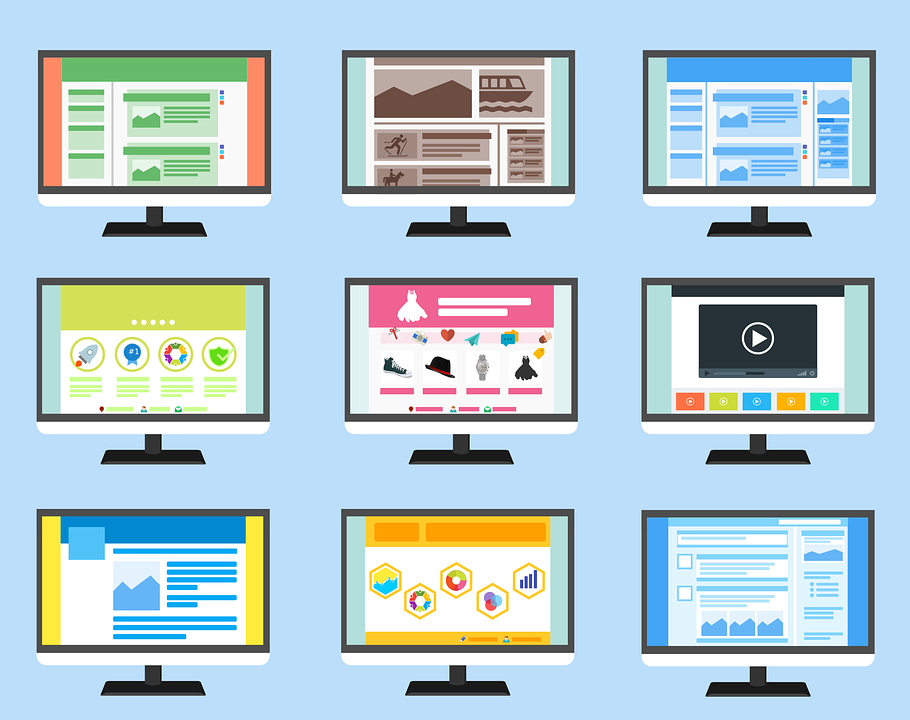Why then might you consider hand coding your website rather than making use of a CMS?
This can all come down to what you’re trying to achieve in the first place. Some web developers are diehard hand coding geeks while other people, such as non-technical business owners may just be looking for a quick and easy way to get their operations online.
Here are some of the advantages and disadvantages of going the hand coding route or opting to use a CMS to build your website.
Hand Coding
Advantages
Able to satisfy specific needs
Maybe you have something specific in mind with regards to the ways in which your website looks, functions and performs. Maybe the website you’re trying to build is more akin to an application, like Twitter or MailChimp. You can’t exactly satisfy these specific needs by using a CMS. In order to create something that specific, you’ll very likely need to have pretty deep knowledge of CSS, HTML, and JavaScript.
More control
Hand coding means that you’ve basically created everything from scratch. This means that you understand your own code and you can attain a level of control that you might not have with a CMS. You may have a heightened ability to double down on the tiniest details of your website and this sort of control can be very difficult to achieve if you were to use a CMS.
Disadvantages
Need for extensive knowledge
You’ll need to know almost everything, if not everything, about the language you are using to code the website. You need to know how to steer clear of mistakes and errors and get things to turn out the way you have envisioned.
Pricey and time-consuming
Building a website manually from scratch can take more time and, therefore, more money. Some of the functional/performances aspects of your site can take many hours to write, even for proficient programmers.
CMS
Advantages
Templates
When going with a CMS, you can find a decent number of ready-to-use templates with an impressive range of different layouts and practically everything you need to get your website off the ground. You can also easily tweak things and make extensive customisations within these templates without touching a line of code.
Independence and convenience
Due to how easy it can be to understand a CMS and use it to build a legit website, you may not need to look for help from a programmer. Depending on the type of site you are building, it shouldn’t be extremely complicated and managing the website as well as integrating it with plugins and different elements that work with your template should also be relatively simple, unless, of course, you are building something complex (like a web application).
Disadvantages
Difficult to satisfy specific requirements
As mentioned, using a CMS can bring up some difficulties with regards to satisfy very specific needs. Ask a developer that uses a CMS and he/she could likely tell you war stories of having to trawl through tons of plugins only to find out that none of them do exactly what is required (even if it’s something that seems relatively simple).
Vulnerable to hackers
Security, while extremely important, can be a hassle if you use a CMS. If you don’t keep your CMS updated and neglect monitoring it for intrusion risks, it can be quite easy for your site’s security to become compromised. One example can be an SQL injection attack where hackers inject malicious code into an open form on your site in order to attack your CMS-managed site.
*We are a UX-focused team of developers and designers. Our goal is making our products understandable at any level. The result is web and mobile applications that take minutes to learn and are easy to implement in any company, big or small. Find out more about Soda In Mind here
There was a time, not so long ago, when building a half-decent seemed like some, strange alien skill. Shrouded in mystery, it seemed that the only way you could set up your home on the web was if you were equipped with specialised knowledge and programming proficiency (or had access to someone who did).Times have changed, however, and today, there’s a long list of CMS (Content Management System) platforms out there that can make things much easier such as WordPress, Wix and Square Space. These let regular folks build aesthetic, functional websites and design a great user experience.
Why then might you consider hand coding your website rather than making use of a CMS?
This can all come down to what you’re trying to achieve in the first place. Some web developers are diehard hand coding geeks while other people, such as non-technical business owners may just be looking for a quick and easy way to get their operations online.
Here are some of the advantages and disadvantages of going the hand coding route or opting to use a CMS to build your website.
Hand Coding
Advantages
Able to satisfy specific needs
Maybe you have something specific in mind with regards to the ways in which your website looks, functions and performs. Maybe the website you’re trying to build is more akin to an application, like Twitter or MailChimp. You can’t exactly satisfy these specific needs by using a CMS. In order to create something that specific, you’ll very likely need to have pretty deep knowledge of CSS, HTML, and JavaScript.
More control
Hand coding means that you’ve basically created everything from scratch. This means that you understand your own code and you can attain a level of control that you might not have with a CMS. You may have a heightened ability to double down on the tiniest details of your website and this sort of control can be very difficult to achieve if you were to use a CMS.
Disadvantages
Need for extensive knowledge
You’ll need to know almost everything, if not everything, about the language you are using to code the website. You need to know how to steer clear of mistakes and errors and get things to turn out the way you have envisioned.
Pricey and time-consuming
Building a website manually from scratch can take more time and, therefore, more money. Some of the functional/performances aspects of your site can take many hours to write, even for proficient programmers.
CMS
Advantages
Templates
When going with a CMS, you can find a decent number of ready-to-use templates with an impressive range of different layouts and practically everything you need to get your website off the ground. You can also easily tweak things and make extensive customisations within these templates without touching a line of code.
Independence and convenience
Due to how easy it can be to understand a CMS and use it to build a legit website, you may not need to look for help from a programmer. Depending on the type of site you are building, it shouldn’t be extremely complicated and managing the website as well as integrating it with plugins and different elements that work with your template should also be relatively simple, unless, of course, you are building something complex (like a web application).
Disadvantages
Difficult to satisfy specific requirements
As mentioned, using a CMS can bring up some difficulties with regards to satisfy very specific needs. Ask a developer that uses a CMS and he/she could likely tell you war stories of having to trawl through tons of plugins only to find out that none of them do exactly what is required (even if it’s something that seems relatively simple).
Vulnerable to hackers
Security, while extremely important, can be a hassle if you use a CMS. If you don’t keep your CMS updated and neglect monitoring it for intrusion risks, it can be quite easy for your site’s security to become compromised. One example can be an SQL injection attack where hackers inject malicious code into an open form on your site in order to attack your CMS-managed site.
*We are a UX-focused team of developers and designers. Our goal is making our products understandable at any level. The result is web and mobile applications that take minutes to learn and are easy to implement in any company, big or small. Find out more about Soda In Mind here















